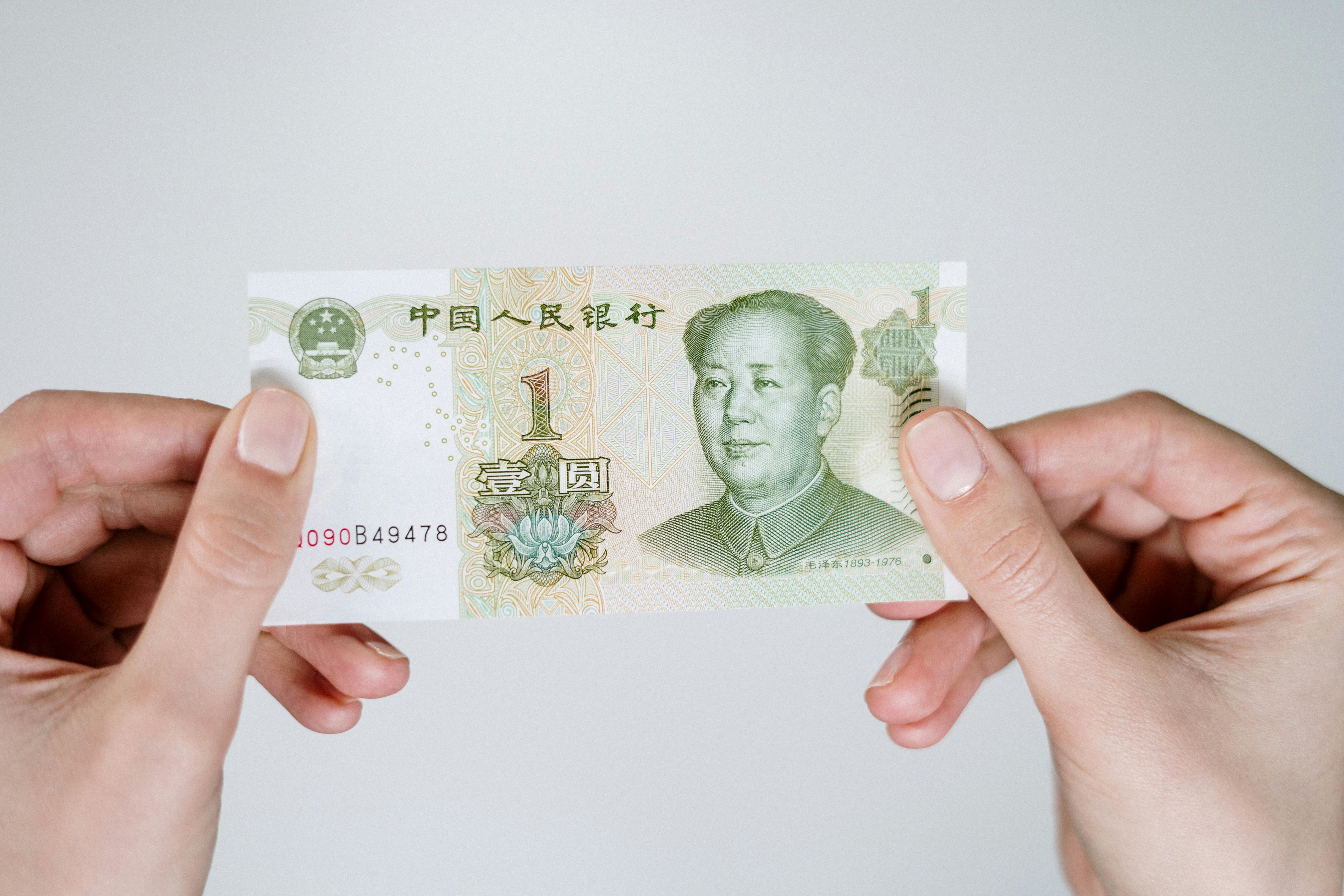Visa Stock Analysis: Is Visa a Strong Opportunity Ahead of Q4 Earnings?
$325.48
28 Jan 2026, 19:25

Pexels.com

A Shift to "Moderately Loose" Policy
China’s Communist Party has adjusted its monetary policy stance from "prudent" to "moderately loose", marking the first such shift since the 2008 global financial crisis. The change, announced by the Politburo, aims to address deflationary pressures and stimulate the economy. The announcement comes ahead of the Central Economic Work Conference, where leaders will set the economic agenda for 2025.
Key Policy Goals
The Politburo highlighted several priorities:
Market Reactions
Economic Context and Challenges
China’s economy has struggled with deflationary pressures:
The property market downturn and weak consumer sentiment have exacerbated economic difficulties. Previous measures, such as a $1.4 trillion debt swap plan, have been insufficient in restoring private sector confidence.
Potential Investment Implications
What’s Next for China’s Economy?
The Central Economic Work Conference is expected to provide further clarity on policy direction. Analysts anticipate a focus on:
While the tone of the announcements is optimistic, experts caution that implementation remains uncertain. Achieving meaningful economic recovery will depend on how effectively China translates policy shifts into actionable results.
Source: (FT.com)